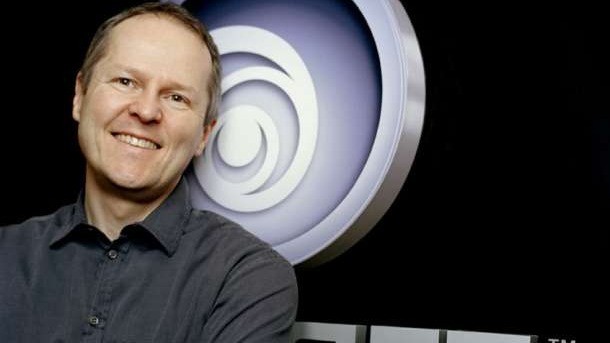Please support Game Informer. Print magazine subscriptions are less than $2 per issue
Ubisoft CEO Sheds Light On Industry's Lack Of New IP

Gears of War 3. Halo 4. Final Fantasy XIII-2 – sequels are everywhere these days. Unless you look at the iOS, Xbox Live Arcade, or PlayStation Network platforms, new franchises are becoming increasingly hard to find. In the past two years, Game Informer has seen an increasing shortage of new game concepts vying for the cover. Only two titles that graced our cover over that time period – L.A. Noire and Dishonored – weren't sequels or continuations of pre-established franchises. So where are all the new ideas?
When I spoke with Ubisoft head honcho Yves Guillemot during a recent visit to Ubisoft headquarters in Paris, France, he shared his insights into why publishers aren't as interested in introducing new properties as the consoles mature.
"New consoles help us be more creative because when customers buy a console, they are very interested in what’s new and they will accept a game that is not perfect as long as it's different and better than what has been done before," he said. "We very often adopt new consoles quickly because we know that most of the buyers are fans of video games. They are ready to take risks [on a new IP] so that’s why we are very early on consoles, often just to make sure we can try new things."
Ubisoft's track record proves his point. Rayman, Splinter Cell, Assassin's Creed, and Rayman Raving Rabbids all came out within the first few years of a console launch. In the past, the publisher continued to push new ideas onto the market late into the console cycle, but after two critically acclaimed titles – Beyond Good & Evil and Far Cry – failed to generate consumer interest, Guillemot is much more weary of this approach.
"At the end of the console’s cycle it is more difficult to innovate," he said. "You have a lot of customers invested in brands, and so even if you do something new and innovative, you are not recognized. For example, Far Cry. That was an attempt to go open world with a shooter. [The rest of the market was composed of] linear games with qualities that were perfectly done, so the market said, 'Yeah, but it’s not perfect.' Yes, but it’s the first one, so that's normal. It was the first step before creating a game full of density.
"Those first steps have to be taken to change the landscape. When you are at the beginning of the cycle you are rewarded for it. The later you are in the cycle, the less rewarded you are if [the game] is not perfect."










